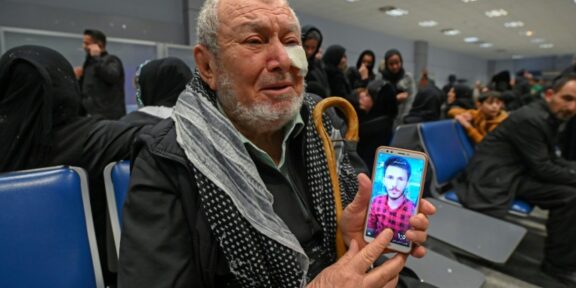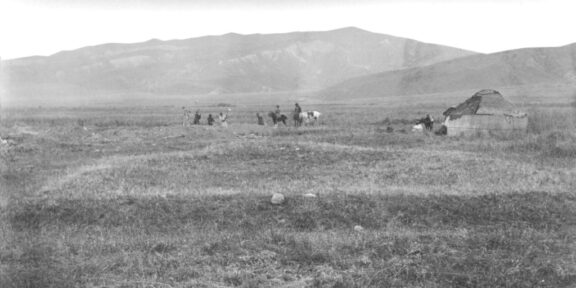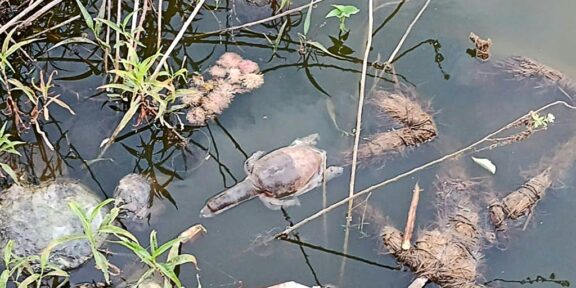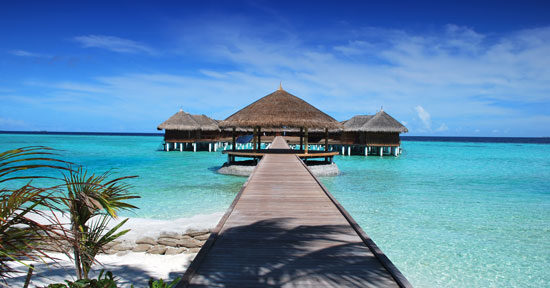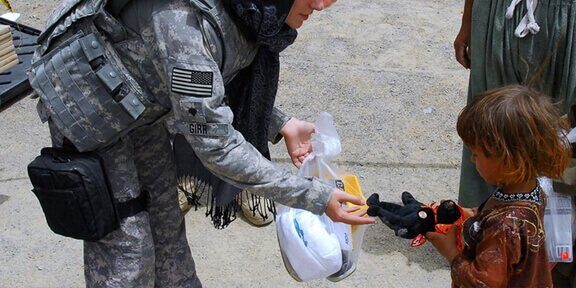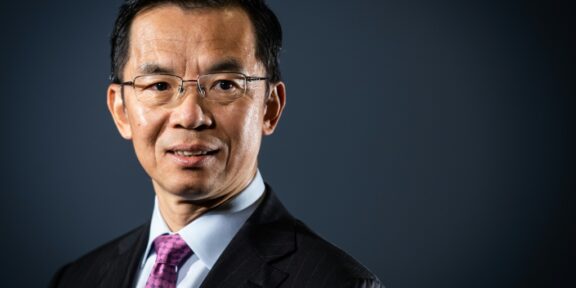Fourteen men, including a former president, will go on trial in Burkina Faso from Monday over the assassination in 1987 of Thomas Sankara, the country’s revolutionary leader and a pan-Africanist icon.
It will be nearly 34 years to the day since Sankara was gunned down during a putsch led by an erstwhile comrade and close friend — one of the most shocking episodes in a country well-versed in political brutality.
Suspicions have long been directed at Sankara’s successor as president, Blaise Compaore, who ruled the impoverished Sahel state for the next 27 years.
Compaore was toppled by a popular uprising in 2014 and fled to neighbouring Ivory Coast, which granted him citizenship.
He is the chief accused among 14 figures in the trial, which will unfold at a military court in the capital Ouagadougou.
The 70-year-old, who has always denied any part in Sankara’s brutal death, will be tried in absentia. On Friday, he announced through his lawyers that he would not attend the trial.
– Socialist idol –
A young army captain and Marxist-Leninist inspired by Ghana’s Jerry Rawlings, Sankara came to power in a coup in 1983.
Aged just 33, he embarked on a campaign of radical change.
He renamed the country Burkina Faso (“the land of honest men”) from the colonial-era Upper Volta, carried out a wave of nationalisations and banned female genital mutilation, polygamy and forced marriages.
Four years after Sankara took the helm, he and 12 other leaders were dead.
They were mown down by a hit squad as they attended a meeting at the headquarters of the National Council of the Revolution in Ouagadougou.
Those accused include Compaore’s former right-hand man — General Gilbert Diendere, a former head of the elite Presidential Security Regiment.
The pair face charges of complicity in murder, harming state security and complicity in the concealment of corpses.
Diendere, 61, is already serving a 20-year sentence in Burkina Faso for masterminding a plot in 2015 against the transitional government that followed Compaore’s ouster.
Another prominent figure among the accused is Hyacinthe Kafando, a former chief warrant officer in Compaore’s presidential guard, who is accused of leading the hit squad. He is on the run.
– End to silence –
Compaore has long denied suspicions he organised the murder of his former comrade-in-arms — but throughout his long years in power, Sankara’s death was always taboo.
Things changed in 2015 when the post-Compaore interim government started an investigation, and the following year prosecutors issued an international arrest warrant against him.
The ex-president’s lawyers on Friday lashed out at what they called a “political trial” taking place in an “exceptional jurisdiction” lying outside standard law.
Compaore, they said, had never received a summons to be questioned, nor had he received any formal accusation against him, except for the summons to attend the trial.
In addition, Compaore has “immunity as a former head of state,” they claimed.
Despite these objections, the trial has been hailed by those who say Burkina Faso has long been burdened by silence and simmering anger that the killers have gone unpunished.
“The trial will mark the end to all the lying — we will get a form of truth. But the trial will not be able to restore our dream,” Halouna Traore, a comrade of Sankara and survivor of the putsch, said in a TV interview.
“It will be up to us to draw the lessons, the teachings of this trial,” he said.
“The trial requires us to look at ourselves in the mirror, to see the wrong that we have done to ourselves with complicity from abroad — because the physical side of the coup happened in Burkina but those who ordered it are outside the country.”
“It’s a hope for justice,” said Jean Hubert Bazie, a former senior justice ministry official under Sankara.
“It’s a chance to open up the truth.”
ab/stb/ri/dl


